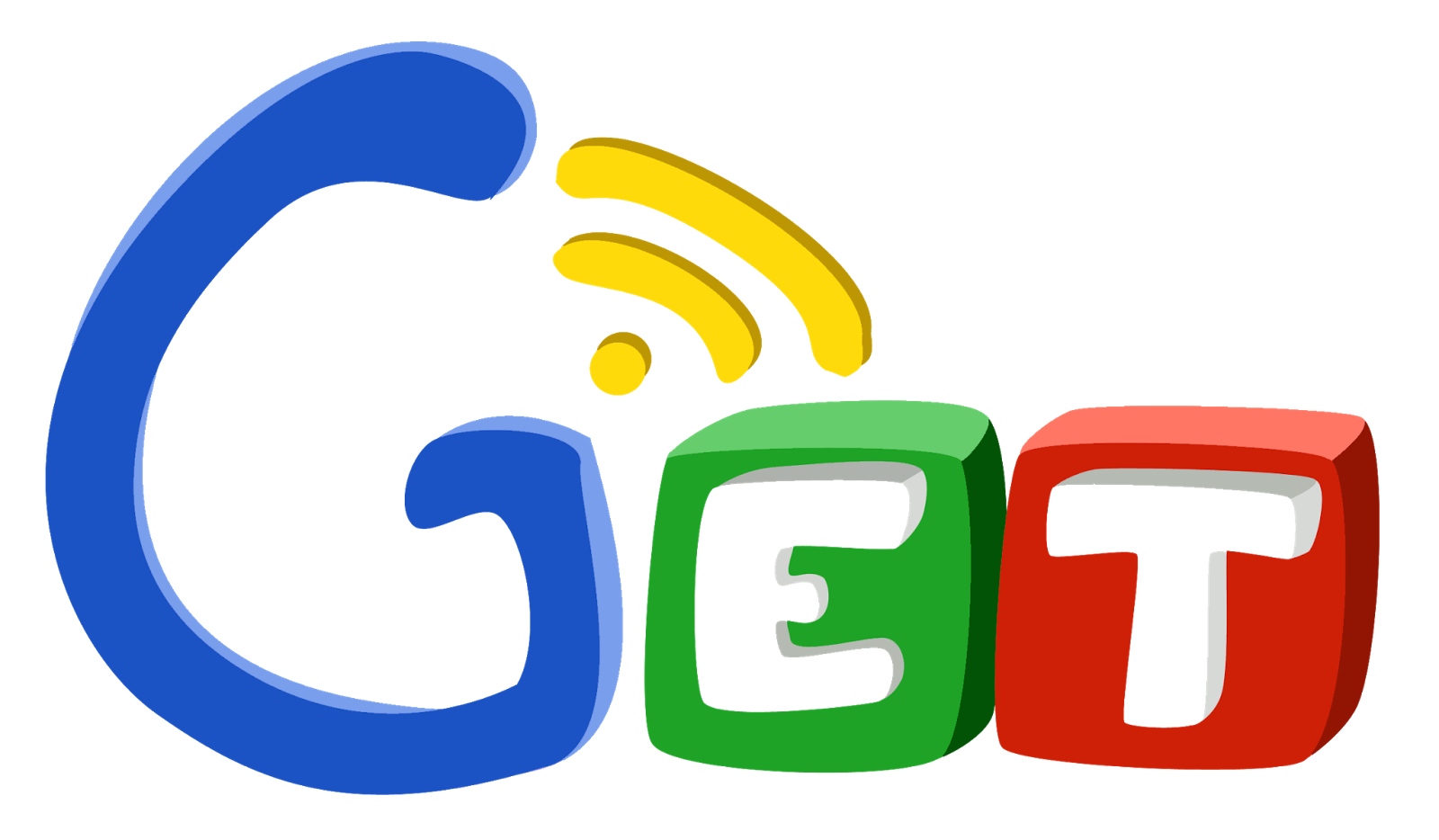Is Health Science Hard? A Comprehensive Guide to the Degree and Career Path
Understanding Health Science: What the Field Involves
Health science is a multidisciplinary field focused on promoting health, preventing disease, and improving patient care. It encompasses areas ranging from public health to clinical research and health administration. As an academic major, health science prepares students for a variety of roles in healthcare, research, and allied health professions. Students can pursue associate, bachelor’s, and advanced degrees, with each level offering deeper specialization and responsibility [1] .
Is Health Science Considered a Hard Major?
The perceived difficulty of health science depends on several factors: individual interests, academic strengths, time management skills, and the specific program’s requirements. Health science can be challenging due to its rigorous coursework in biology, chemistry, anatomy, and statistics. Programs also often require strong critical thinking and research abilities [5] . For students who enjoy science and are committed to healthcare, many find the work engaging and manageable. However, for those less inclined toward scientific or quantitative subjects, the academic load can feel demanding.
Core Coursework and Academic Rigor
Health science degree programs typically require foundational classes in biology, chemistry, anatomy, physiology, and mathematics. As students progress, they may select concentrations such as public health, physical therapy, health informatics, or nutrition [1] . Upper-level courses emphasize research, data analysis, health policy, and clinical practice. These courses require dedication and consistent study habits. For example, students might spend two years on foundational science, then specialize in areas like physical therapy or occupational therapy in their upper-level years. Laboratory work, clinical simulations, and case studies are also common [4] .
Degree Length and Flexibility
An associate degree in health science usually takes about two years and offers foundational skills for entry-level roles. A bachelor’s degree typically requires four years of full-time study and 120 credit hours, though some institutions allow flexibility for part-time students or those transferring credits [2] . Graduate programs, such as a master’s or doctoral degree, involve additional years and a focus on leadership, research, or advanced clinical practice [1] . Programs may be rigorous, but most colleges offer academic support and flexible pacing to help students succeed.
Skills Needed for Success in Health Science
To thrive in health science, students benefit from a blend of scientific knowledge, analytical skills, and interpersonal abilities. Essential skills include:
- Strong foundation in natural sciences (biology, chemistry, anatomy)
- Critical thinking and problem-solving
- Communication and teamwork
- Time management and organization
- Adaptability in fast-paced or changing environments
The ability to interpret scientific data, conduct research, and apply ethical reasoning is especially important for advanced study or research-oriented roles [1] .

Source: gbu-presnenskij.ru
Real-World Examples: Navigating Academic Challenges
Consider a student entering a health science program with a passion for biology but limited experience in statistics. The student initially struggles with research methods but seeks help from faculty and uses campus tutoring resources. Over time, they develop confidence and learn to apply statistical reasoning to health problems. This example highlights how academic challenges can be overcome with persistence and support. Many health science programs offer study groups, tutoring, and faculty office hours to help students master difficult concepts [5] .

Source: parsicuisine.com
Career Opportunities and Potential Salaries
A health science degree opens doors to diverse careers such as healthcare administration, public health, laboratory sciences, health education, and more. Some graduates pursue clinical roles, while others go into research, policy, or sales [4] . According to recent data, the median annual salary for health science graduates is approximately $66,000, but this varies widely by specialty and experience [3] . Many roles offer the potential for advancement with further education or certification.
Step-by-Step Guidance for Prospective Students
- Assess Your Interests and Academic Strengths: Ensure you’re motivated by science, health, and problem-solving. Review course descriptions from programs you’re considering.
- Understand Admission Requirements: Most programs require a high school diploma or equivalent. Some may ask for standardized test scores or prerequisite coursework. Contact the admissions office of your target school for details [3] .
- Research Program Structure: Explore whether the program offers concentrations or electives that match your career goals. Ask about support services, such as tutoring or career counseling.
- Develop Effective Study Habits: Allocate regular time for coursework, utilize campus academic resources, and form study groups to stay on track.
- Seek Practical Experience: Look for internships, volunteer opportunities, or part-time jobs in healthcare to gain real-world exposure.
- Explore Financial Aid Options: Financial aid may be available through federal student aid programs or institutional scholarships. Check the official FAFSA website or your college’s financial aid office for application steps.
Alternative Pathways in Health Science
If a traditional bachelor’s program seems overwhelming, consider starting with an associate degree or professional certificate. Many community colleges offer two-year health science degrees that can lead to entry-level roles or serve as a foundation for further study [2] . Some students pursue specialties such as medical laboratory technology, radiology, or emergency medical services, which may have different academic and licensing requirements.
Common Challenges and How to Overcome Them
Students may find certain science courses rigorous, especially if they lack prior experience in these subjects. Time management is critical, especially for those balancing school, work, and personal commitments. Solutions include:
- Utilizing campus academic support services (tutoring centers, writing labs)
- Scheduling regular study times and setting realistic goals
- Reaching out to faculty and advisors for guidance
- Participating in study groups to share insights and resources
Many successful health science graduates report that persistence, resilience, and a willingness to seek help are key to overcoming academic hurdles [5] .
Getting Started: Next Steps for Interested Students
If you’re considering a health science degree, start by researching accredited programs that align with your interests. Contact admissions offices for detailed program information, including curriculum, prerequisites, and available support services. Reach out to current students or alumni for first-hand perspectives. For financial aid, visit your school’s official website or the U.S. Department of Education’s FAFSA site for step-by-step application guidance. Remember, while health science can be challenging, it is also a rewarding field with strong job prospects and opportunities for growth.
References
- [1] PublicHealthOnline.org (n.d.). Health Science Degrees: Program Guide and Overview.
- [2] APU (2025). How Long is a Health Science Degree? A Complete Guide.
- [3] NursingProcess.org (n.d.). Is a Bachelor’s in Health Science Worth it?
- [4] Texarkana College (2022). What is Health Science? Training & Careers.
- [5] North Central College (2022). Is Health Science a Hard Major?
MORE FROM weirdsearch.com













